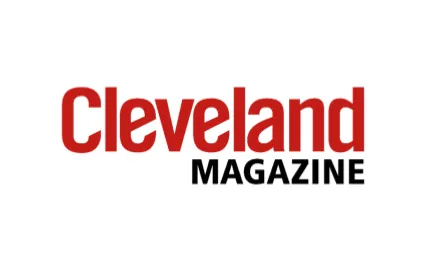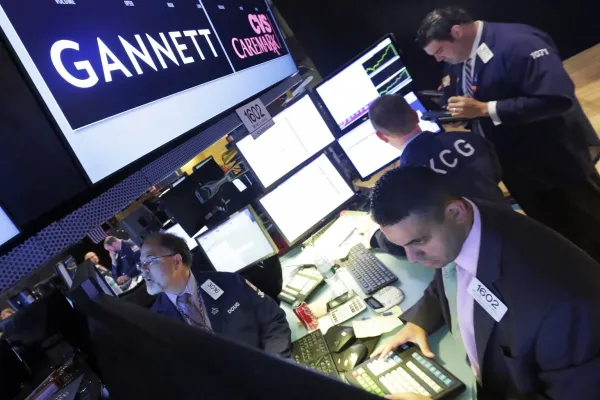Why Changes To The Plain Dealer Matter For Local Journalism

Stuck between a constricting print business model and a shaky digital future, a time made even more unstable by the coronavirus, editors and reporters have been forced to scale back their ambitions. A careful reader can detect the gaps, the stories not told, the voices not heard. There is no one regularly examining the effect of money in city and county politics, writing daily obituaries, or covering the science and religion beats. The city where the river once caught fire has not one environmental reporter. Where Tamir Rice was killed, no one covers the confluence of race and policing full-time.
After the first-ever round of layoffs at The Plain Dealer in 2008, Feran gave a talk to a classroom of students at Case Western Reserve University. He recalls warning them that jobs tied to ink-and-pulp newspapers would become poorly compensated and stressful. And the future of local news gathering after newspapers, he opined prophetically, was deeply uncertain.
“It’s like death,” Feran told the students. “No one knows what’s on the other side.”
Study: Private equity firms buying newspapers cut local news
Vulture capitalists are circling my old newspaper. Here’s why we need to fight them off.
How the Local News Crisis Affects Coverage of COVID and Climate – and Vice Versa

